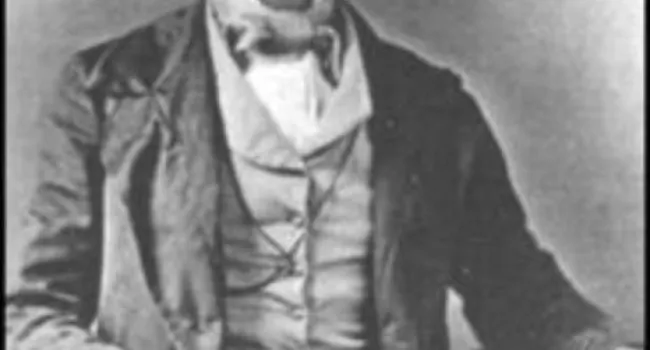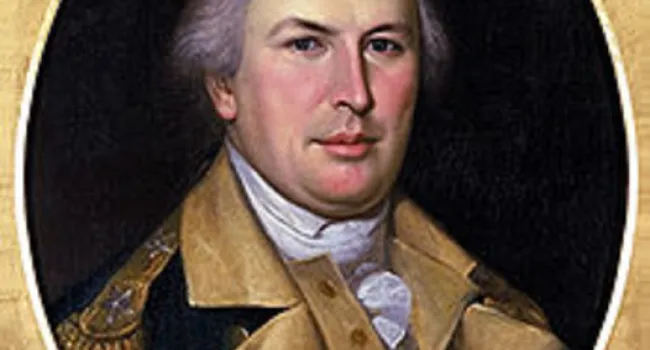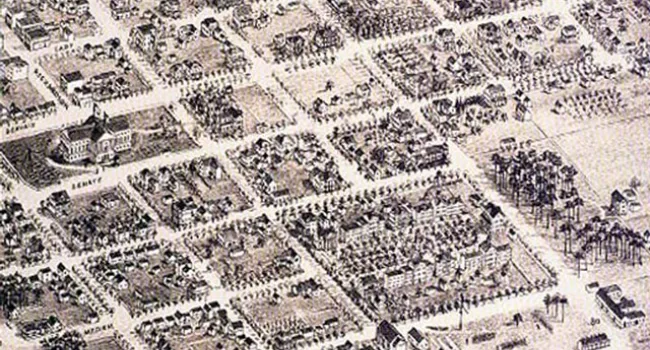
Audio
“E” is for Executive Councils. After secession in December 1860, the state had to assume responsibilities previously carried out by the federal government. To do that, the Secession Convention...
Explore the timeline of American wars and conflicts from the American Revolutionary War to current global conflicts.
This day honors those veterans who have served their country while being held captive in enemy territory. The day also honors the family of the prisoners of war and their long and anxious wait to see their family again. Visit the collection.

Audio
“E” is for Executive Councils. After secession in December 1860, the state had to assume responsibilities previously carried out by the federal government. To do that, the Secession Convention...
Audio
“M” is for Means, John Hugh [1812-1862]. Governor. After graduating from South Carolina College, Means became a successful planter in Fairfield District. After one term in the General Assembly, he...
Audio
“R” is for Rivers Bridge, Battle of [February 2-3, 1865]. On February 2, 1865, the right wing of Sherman’s army attempted to cross the Salkehatchie River at Rivers Bridge—in what is now southern...
Audio
“D” is for Dunovant, John [1825-1864]. Soldier. Dunovant, a sergeant in the Palmetto Regiment, served with distinction in the Mexican War. He later was commissioned as a captain in the U.S. Army. He...
Audio
"N" is for National Guard. The South Carolina National Guard evolved out of the state’s militia. In 1905 the organized militia was renamed the South Carolina National Guard and in 1916 all state...
Audio
“G” is for Greene, Nathanael [1742-1786]. Soldier. Early in the Revolution, Rhode Islander Nathanael Greene became close to George Washington and served on his staff. After the battle of Camden...
Audio
"M" is for Medal of Honor Recipients. Approved by Congress in 1862, the Medal of Honor is America's highest award for military valor. The first native son to receive the award was Ernest A. Garlington...
Audio
“L” is for Longstreet, James Peter [1821-1904]. Soldier. Born in Edgefield District, Longstreet spent his formative years in Georgia and Alabama. After graduating from West Point, he had a successful...
Photo
This detail of a large lithographic map of Columbia published in 1872 shows the campus of the University of South Carolina as it appeared after the Civil War. The Confederate government had taken...
Lesson
For many rural counties, the only exposure to the infamous Nazis was from newspapers, newsreels, and other war time propaganda which portrayed these soldiers as arrogant, deceitful, and even evil...